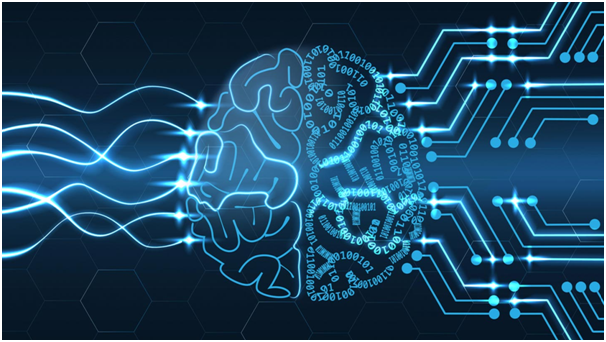
The Oxford dictionary defines Artificial intelligence (AI) as ‘the theory and development of computer systems able to perform tasks normally requiring human intelligence, such as decision-making’. Since its creation, AI has revolutionised many industries ranging from finance and healthcare to farming and agriculture. Over the years, players within the recruitment and human resources industry have integrated AI in almost all stages of the recruitment process, including chatbots and screening applications. Many experts were initially skeptical about AI being ironically involved in ‘human’ resources and believed bots would inevitably leave humans in the industry jobless. However, since AI’s integration, many issues within the sector have since been solved, and humans remain involved in the recruitment process alongside AI.
Time
One of the most prominent ways in which AI has revolutionized the recruitment industry is by saving the workforce time. Companies can receive several hundreds of applications on a daily basis. Manually using human labour to go through each application and decide who is/isn't a suitable candidate for a role is not only tedious and time consuming, but almost impossible. With large companies such as Goldman Sachs receiving up to 250,000 applications in one summer, it is easy to imagine how a recruitment team may be overwhelmed with the task of assessing each application.
Such a tedious task is likely to leave room for missed candidates and hasty decisions to save time. By training AI algorithms to search for certain words in an application, AI can significantly cut the recruitment time by shortlisting the most suitable candidates. Human recruiters can then evaluate the candidates shortlisted and decide whether or not they will be a good fit for the company.
AI chatbots can also be used to save time during the recruitment process, as they provide immediate replies to inquiries and offer constant assistance throughout the application process, they can also schedule candidate interviews and tests. This not only saves recruiters time on back and forth correspondence with candidates, but also provides for a better recruitment experience for the candidate; which in turn maintains a good brand image and increases the likelihood of candidates recommending the company to others and reapplying.
Fair opportunity for candidates and reducing turnover costs
As aforementioned, using human labour to manually go through hundreds of applications and view each and every one is an unrealistic expectation. This can leave the recruitment process relying on chance, which increases the likelihood of more suitable candidates missing out on opportunities due to the volume of applications a role may recieve. The use of AI to scan specific keywords in an application significantly reduces the chance of well-fitting candidates applications not being considered. In turn, a company can end up with a shortlist of the best candidates for the job and spend more time nurturing these relationships. This intelligent shortlisting has been taken to the next level by a company called Ideal. Ideal has software that can use predictive analysis to determine which candidates are more likely to succeed on the job. This not only improves the quality of the hire, but also ensures that the most retainable talents are brought on board. As a result of getting good quality talent, costs can be saved on employee turnover and the recruitment process surrounding it. It is important to note, that although costs may be saved, the actual cost of running AI is still expensive.
Diverse workforce
Diversity and inclusion is a top priority for the overwhelming majority of recruiters in this day and age. The use of AI can reduce any conscious or subconscious bias that may occur during the screening process. For example, where a recruiter may favour a candidate due to trivial factors such as having similar hobbies as them, AI will not. This is one benefit of AI being impartial and not operating on an empathetic or emotional basis but solely based on the words used in a candidate's application. Having a more diverse workforce in turn leads to greater innovation which will better your company. However, AI cannot remove all discriminatory bias, as AI operates based on the target keywords it has been programmed to search for. Programmers are still able to use AI to further their bias, however candidates are still less likely to be implicitly judged on personal traits and characteristics. Instead they will be judged based on the words used on their CV, during the initial stages of the recruitment process.
Final thoughts
Overall, the ways in which AI is revolutionising the recruitment industry cannot be denied, from better hires, cost reduction, and inclusion. We at Green Recruitment Solutions are at the forefront of this revolution, with AI and technology underpinning our business so that we can add more value to yours. For more information on how we can help elevate your recruitment, please contact Irfan Lohiya on:
T: +44 121 285 6070
M: +44 7580 170 406
E: ilohiya@greenrs.co.uk
W: greenrs.co.uk

